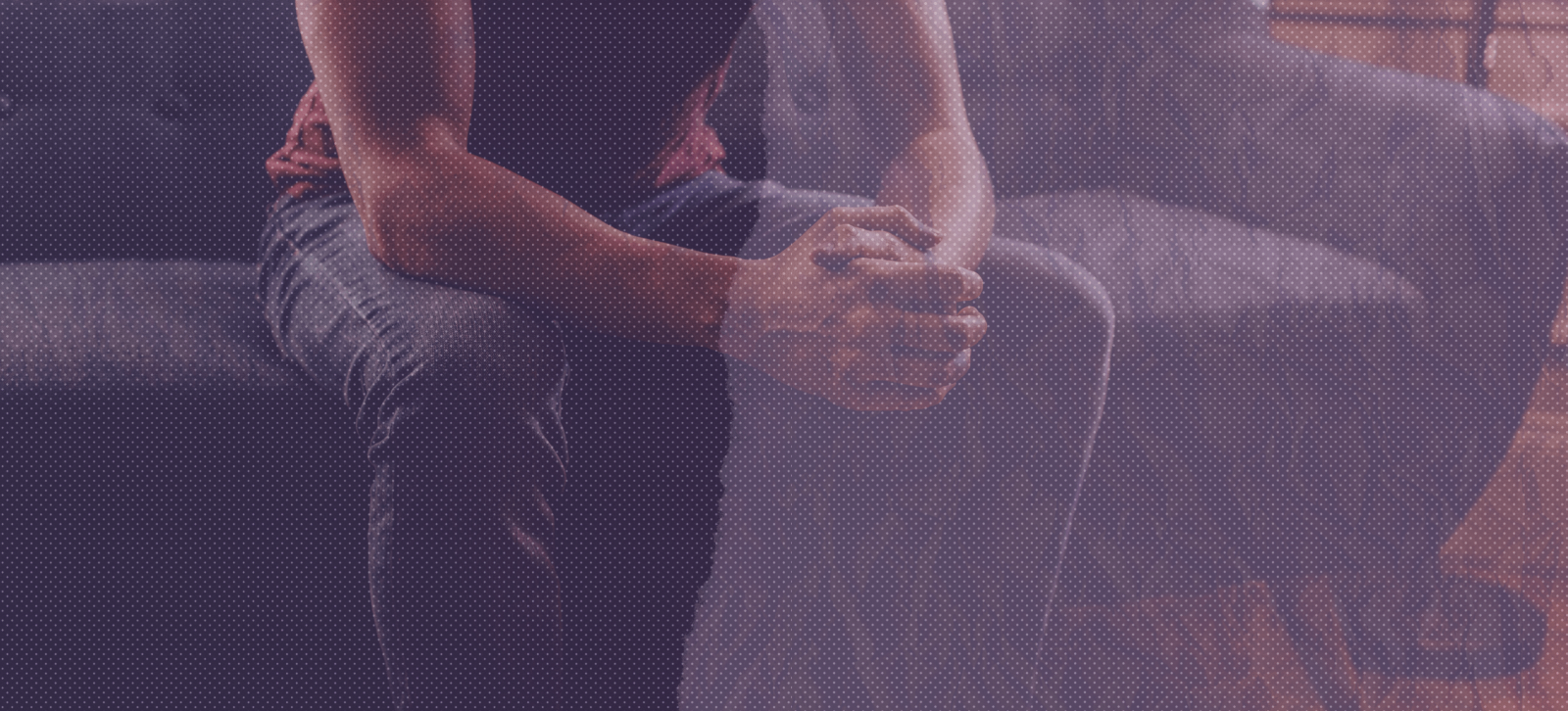Substance use spectrum
Substance use exists on a spectrum. It ranges from individuals who don’t use substances at all to those who use substances socially, with many behaviors in between. The way that substance use impacts a person’s life depends on the substance and the situation. Knowing where you, a friend, or a loved one fall on this spectrum can help identify when substance use becomes a problem.

Signs of substance use problems
Signs of substance use problems can vary from person to person, but there are some common signs that can help identify when use has become problematic. Some key signs to look out for:
- Using more of a substance or using it more often
- Spending a lot of time trying to get the substance and/or recovering from it
- Using a substance in risky ways or when it’s not safe, such as while driving
- Problems at work, school, home, or in relationships due to substance use
- Spending a lot of money or borrowing or stealing money to support use
- Feeling sick when not using the substance
What is a substance use disorder?
Substance use disorders (SUD) affect people of all ages and backgrounds. SUD is a condition in which someone has a problematic pattern of using of drugs, alcohol, or other substances, even when it causes serious problems in their life. Symptoms can be moderate to severe. Addiction is the most severe form of SUD. In addition to the above signs, SUDs are also known by the Four C’s:
- Loss of Control over one’s substance use
- Using despite significant negative Consequences
- Experiences of intense Cravings or an all-consuming desire to use the substance when not using it
- Compulsive or repetitive use of a substance
Options for treating a substance use problem
It can be scary to recognize these signs in a loved one. It can be even scarier to recognize them in yourself. If you identify with any of these signs, a variety of options are available to help.

Below are several common options:
Treatment programs
- Medical detox: For individuals experiencing withdrawal, detox can help to manage symptoms in a safe and monitored environment.
- Inpatient or residential: The highest level of care, for individuals with chronic forms of addiction or those who need a safe living environment. This treatment usually lasts between 3-6 weeks. Individuals live in a substance-free facility and get daily medical and therapeutic support.
- Outpatient: A step down from inpatient or residential. Individuals attend anywhere from 1-20 hours of individual, group, or family therapy per week. This treatment does not involve living in the same building where someone receives care.
Therapy and counseling
- Individual therapy: One-on-one meetings with a therapist to address underlying issues and find ways to handle them.
- Group therapy: Supportive group sessions where individuals can share experiences and learn from others.
- Family therapy: Involves family members in the treatment process to improve communication and support.
Medication-Assisted Treatment (MAT)
- For individuals using certain substances, including alcohol, nicotine, and opioids, medications may be helpful when combined with other treatment services. MAT can help manage cravings and withdrawal symptoms.
Support groups
- Support groups allow individuals to connect with others who have also struggled with substances. They can help someone find a network of peers working toward the same goal. These groups include:
- 12-Step Programs: Peer support groups like Alcoholics Anonymous (AA) and Narcotics Anonymous (NA).
- Non-12 Step Programs: Alternatives like SMART Recovery, which focuses on self-empowerment and self-reliance.
Where and how to get help for a substance use problem
If you or someone you know needs help, you can call SAMHSA’s national helpline at 1-800-622-HELP (4357).
- The helpline is free, private, and available 24 hours a day/7 days a week for individuals and families experiencing mental health or substance use challenges.
- They can provide referrals and information on local resources, facilities, support groups, and community-based organizations.
- You will not be asked or required to give any personal information.
You can also visit their website at https://www.samhsa.gov/find-help/national-helpline, or send your zip code via text message to 435748 (HELP4U) to find help near you.
For more information on available resources, check out our Get Help page.
Resources:
